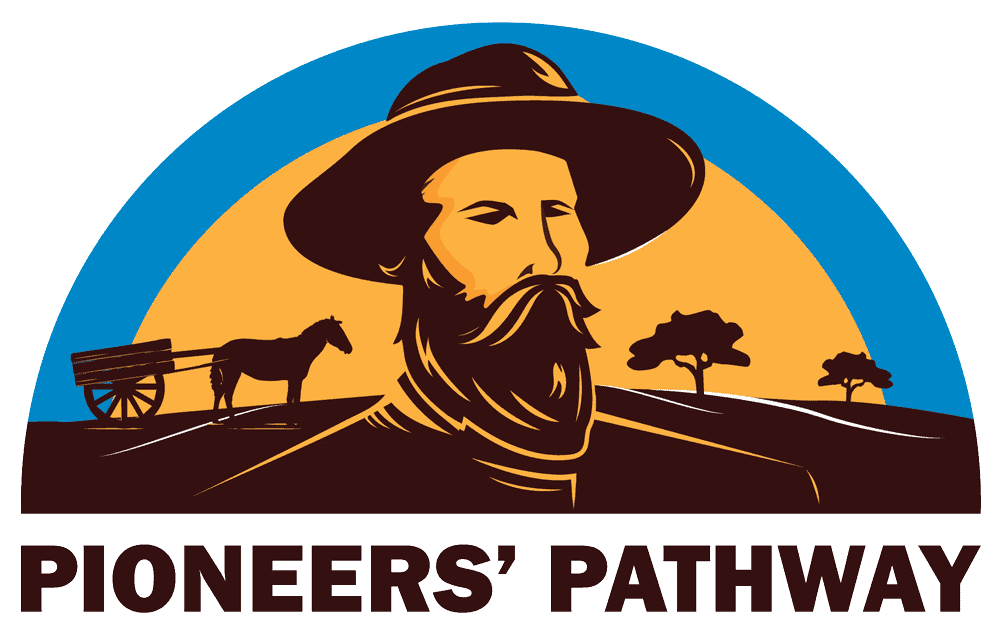Tractor fan? Come to Wyalkatchem
It seems visitors to the area have a bit of trouble pronouncing Wyalkatchem, so locals have shortened it to Wylie (as you do in Australia).
Prospectors in search of gold once passed through Wyalkatchem on their way to Kalgoorlie. The town is also famous for its farming and pioneer heritage. A popular attraction in town, the C.B.H. museum is housed in a 1936 “K” type wheat bin. This wheat bin is also a cultural heritage site and the oldest bin preserved in history. Quite apt considering Wyalkatchem is known as the cradle of bulk wheat handling.
For the tractor fans, it’s your chance to see the ‘Waterloo Boy’ one of the first John Deere tractor models made in 1920 – which still works 100 years later! How’s that for efficiency?
Farming equipment, rare wagons, tractors and agricultural memorabilia also takes pride of place in the C.B.H. museum – with over 500 items on display from the 19th century.
A second shed displaying 40 original tractors was built partly from materials salvaged from a demolished wheat bin. Wyalkatchem is also famous for being the first shire to handle bulk wheat in 1931. Bulk handling and collection of wheat started with Mr Harry Threlfall from Korrelocking on 9 November 1931. A year later, two engine driven grain elevators were installed at the railway to cope with the demand and the first trainload of Wheat departed Wyalkatchem for Fremantle port.
John Lindsay was Wyalkatchem’s early pioneers and a key advocate for the bulk handling of wheat. He arrived in Western Australia after spending some years in South Africa. While John knew little about farming when he started off, he was familiar with the Australian bush and hard work.
As a farmer, John struggled from day one; he scrimped and saved to buy land from the government, did jobs for local people to earn money, lost all his personal and valued possessions in a fire that destroyed his camp and made expensive mistakes in farming his land.
Later, he entered politics and served in local government. John was appointed as the first Chairman of the Wyalkatchem Road Board, and as Minister for Public Works and Labour and J.P. Given Wyalkatchem’s important role in contributing to the grain economy, he continuously advocated to increase the amount of farming land available to people in his electorate. “…I learned my farming, not by driving a railway engine but by going on the land…” said he once in Parliament.
Was he a farmer who was a successful politician? Or was he a politician with a farmer’s mind? Whichever way you look at it, John Lindsay turned the hard lessons he learned on the land into progress and development for Wyalkatchem.

Moondyne Joe

The Slater Family

Joe Anderson

John Lindsay

Jane Adams

